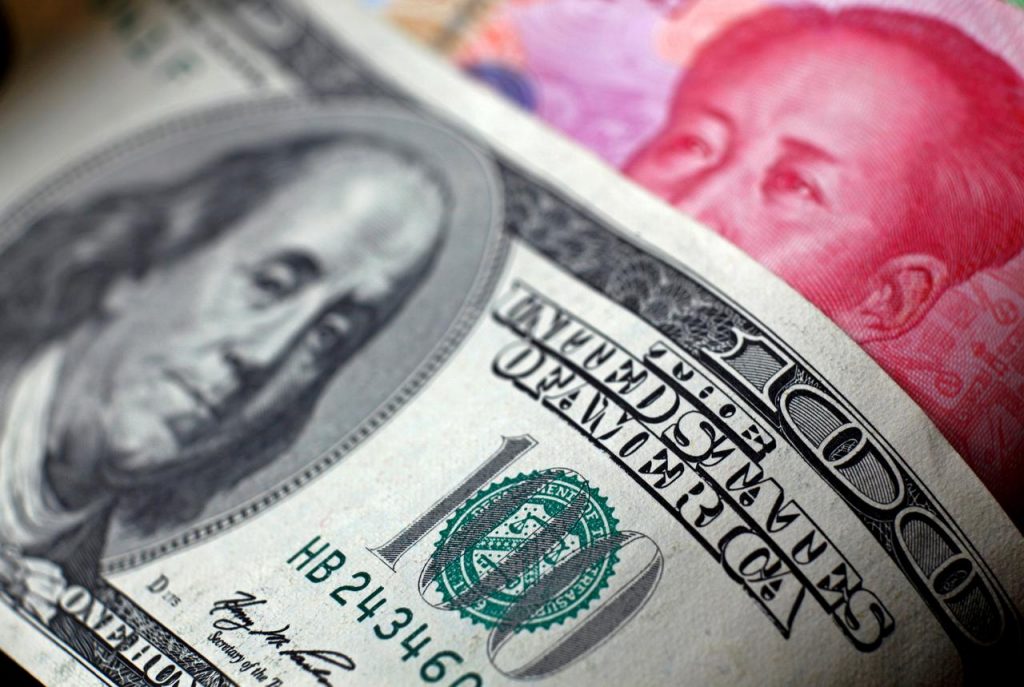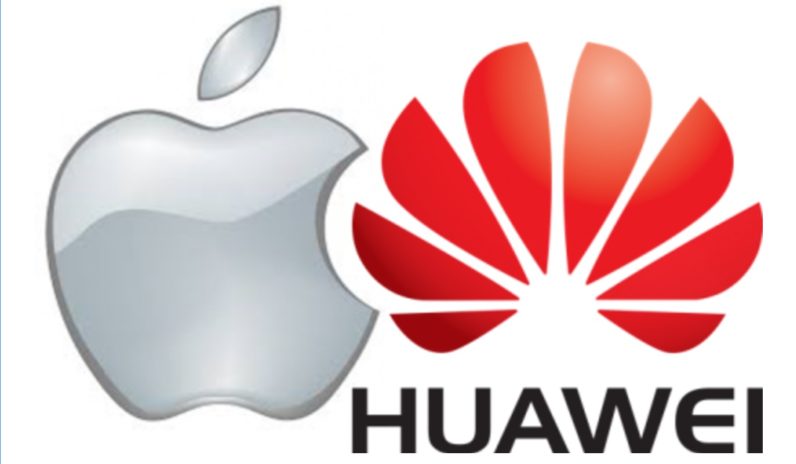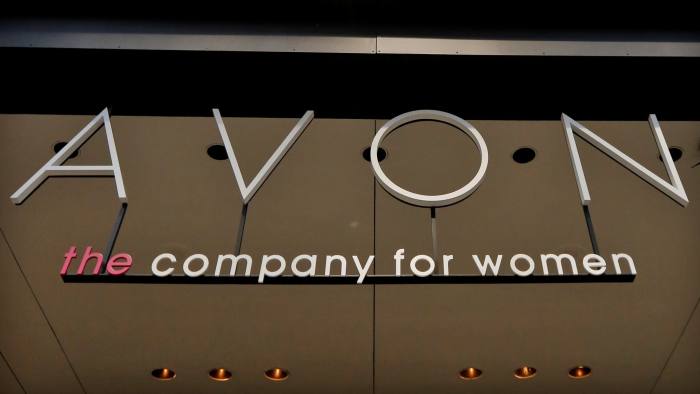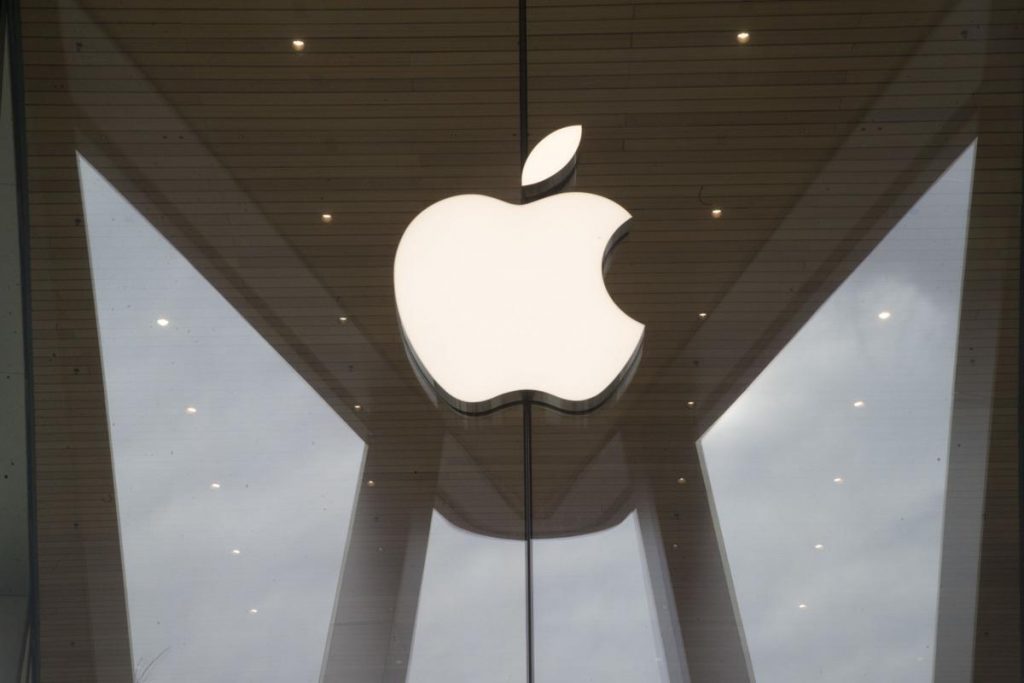$26bn is the cost to pay for the T-Mobile and Sprint merge
T-Mobile, one of the telecoms giants in the US, and Sprint, its greatest rival, have officially announced they agreed on a $26bn deal to begin the merging process. The news comes after months of negotiations between the two companies.
The third and fourth largest mobile carriers in America have recently decided to join forces in the attempt to create the “highest-capacity mobile network in US history,” as T-Mobile boss John Legere said in one of his posts on Twitter. The new firm is said to have 30 times more capacity than the one provided by T-Mobile today.
For several months in a row, Deutsche Telekom, the controlling shareholder of T-Mobile, and Softbank, the one that controls Sprint, have been debating on the cost of this mega-merger. Finally, they decided that 42% of the combined company will be owned by Deutsche Telekom, whereas Softbank will remain with 27%.
The one who will lead the newly-formed firm will be John Legere, thus increasing the market value of T-Mobile up to $146bn. Mike Sievert, on the other hand, will continue to operate as COO, whereas the CEO of Sprint, Marcelo Claure, will be on the board of directors. The same will happen to Masayoshi Son, who is currently the CEO of Softbank.
The main purpose of this merger is to create a “broad and deep” 5G network. Also, the two companies are interested in reducing competition, admitting that the 5G network will be designed not only for mobile use, but also for cable and wireless networks, thus competing against giants such as Charter, Comcast, Verizon, and AT&T.
The first time tie-up discussions between T-Mobile and Sprint rose, happened in 2014, during the Obama administration. Back then, the officials scuppered the merger attempt, believing that this will lead to increased prices. The same has continued under the Trump administration as well, and chances are that this merger will be closely scrutinized.
However, Mr Legere specified in one statement he has recently given that the mega-merger between T-Mobile and Sprint would provide users numerous benefits, including lower prices and would accelerate the development process of 5G network in the US.
“This combination will create a fierce competitor with the network scale to deliver more for consumers and businesses in the form of lower prices, more innovation, and a second-to-none network experience – and do it all so much faster than either company could on its own,” were Mr Legere’s words.
If everything goes well, the deal should be closed by June 2019. However, that’s a big “if”, especially considering the way the US Justice Department treated other similar mega-mergers between giant companies in the US. One such merge, this time between AT&T and Time Warner, one of the media giants in the US, is being blocked by the US Justice Department, claiming that this will skyrocket prices and that “consumers all across America will be worse off.”







